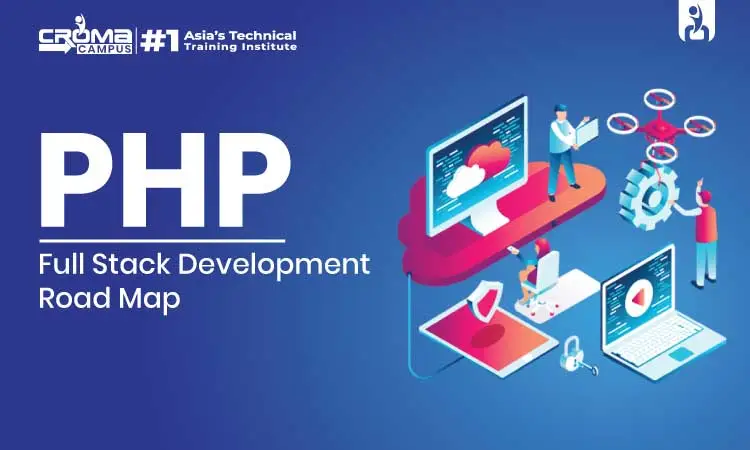Pulse of Information
Stay updated with the latest news and insights.
Full-Stack Development: The Swiss Army Knife of Coding
Unlock the power of full-stack development! Discover why it's the ultimate coding toolkit for modern developers and tech enthusiasts.
What is Full-Stack Development and Why is it Essential?
Full-stack development refers to the comprehensive approach of building web applications that encompass both the front-end and back-end components. A full-stack developer is versatile, proficient in various technologies that allow them to handle everything from designing user interfaces to server-side application logic. This multi-faceted skill set includes expertise in programming languages, frameworks, databases, and version control systems. With the growing demand for dynamic and interactive web experiences, full-stack development has become a cornerstone in the tech industry.
The importance of full-stack development lies in its ability to streamline the development process, enabling developers to oversee an entire project from start to finish. This holistic understanding facilitates better communication among team members, reduces dependency on specialized roles, and enhances the speed of project delivery. As businesses strive to remain competitive in a digital-first world, investing in full-stack development not only boosts efficiency but also drives innovation, making it an essential element of modern software development.

Top 10 Skills Every Full-Stack Developer Should Master
In today's tech-driven world, being a full-stack developer requires a diverse set of skills. First and foremost, proficiency in HTML, CSS, and JavaScript is essential. These foundational languages enable developers to create dynamic and visually appealing web applications. Furthermore, mastering responsive design ensures that applications perform well across various devices. Additionally, familiarity with front-end frameworks like React, Angular, or Vue.js can significantly enhance a developer's ability to build rich user interfaces.
On the backend, knowledge of server-side languages such as Node.js, Python, or Java is crucial for building robust applications. Understanding databases, both SQL (like MySQL or PostgreSQL) and NoSQL (like MongoDB), is also necessary for efficient data management. Additionally, version control systems such as Git help developers collaborate effectively. Finally, having a grasp of basic DevOps practices can streamline the deployment process, making a full-stack developer not just a coder, but a complete software engineer.
How Full-Stack Development Can Boost Your Career Opportunities
In today's competitive job market, having a diverse skill set is more important than ever, and full-stack development is a prime example of a skill that can significantly enhance your career opportunities. By mastering both front-end and back-end technologies, developers become proficient in all aspects of web development. This versatility not only makes you a more attractive candidate to potential employers but also opens up various roles, from web developer to software engineer. With the tech industry continuously evolving, the demand for professionals who can handle both sides of the software development process is steadily increasing, leading to better job security and higher salary prospects.
Moreover, embracing full-stack development allows you to work on a wider range of projects and collaborate more effectively with different teams. With knowledge of multiple programming languages and frameworks, you can contribute to projects at every stage of development. This ability is particularly valuable in start-ups and small companies, where team members often wear multiple hats. In addition, understanding the full technology stack enhances your problem-solving skills, as you can identify issues across platforms and devise comprehensive solutions. As you build your portfolio, showcasing your full-stack capabilities can set you apart from your peers and accelerate your career growth.